Accommodation for destitute freedom fighters and Biranganas soon
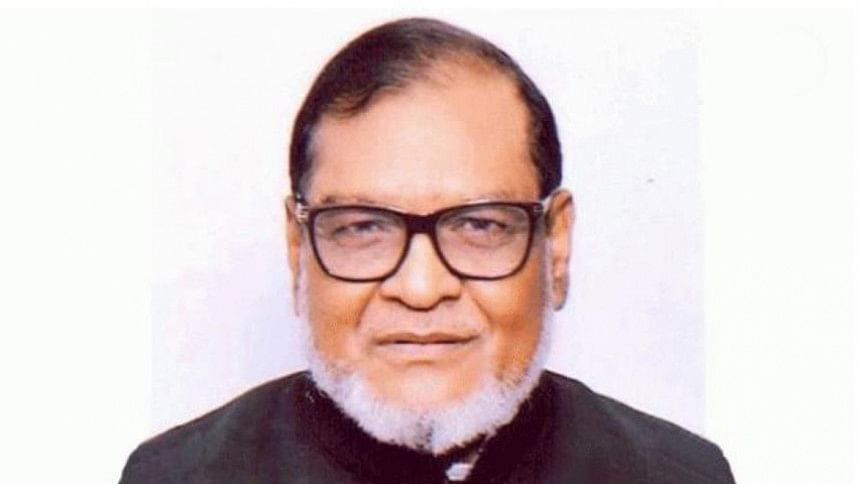
The government is going to facilitate accommodation for destitute freedom fighters and all Biranganas (war heroines) soon, said Liberation War Affairs Minister AKM Mozammel Huq yesterday.
“The government has allocated Tk 2,200 crore in the current fiscal year's budget for building accommodation facilities for disadvantaged freedom fighters and all war heroines, and [its] upazila-based work will be started shortly,” said the minister while speaking at the launching programme of “Ethical Guideline for Recording Testimonies of Sexual Violence in 1971”.
Research Initiatives Bangladesh and Durham University jointly organised the programme.
Mozammel said the government has also taken initiative to bear lifelong medical expenses of all freedom fighters from August 15.
The minister also mentioned about another government project through which a digital archive will be created, containing recordings of all freedom fighters narrating their experiences during the Liberation War.
Freedom fighters will also get Baishakhi and Victory Day allowances, the minister added.
Birangana Dulejannesa of Kushtia said she has been enduring hardship without a home to call her own and with no means to afford proper medical treatment, as the allowance from the government is insufficient.
“If the government provides us a home and ensures jobs for my sons, our lives would be easier,” she said.
Biranganas Momeena Khatun, Masuda Khatoon and Elejannessa who gave testimonies before people's court that held a symbolic trial of Ghulam Azam in 1992, attended the programme. They narrated similar living conditions.
The guideline for recording testimonies was prepared on the basis of Dr Nayanika Mookherjee's book “The Spectral Wound: Sexual Violence, Public Memories, and the Bangladesh War of 1971”. Mookherjee said in Bangladesh no formal guidelines exist as a template for documenters to record the testimonies of Biranganas.
Given the Bangladeshi government's bold and novel initiative of giving pensions to all Biranganas, whose names are in the public realm and are part of the public gaze, it is important for the government to develop a national ethical guideline for those (researchers, human rights activists, filmmakers, photographers and journalists) documenting their testimonies, she added.
She requested the minister to bring the guideline under consideration of the Ministry of Liberation War Affairs and keep it on their website so that people can follow the guideline while documenting their testimonies.
Dr Meghna Guhathakurta, executive director of Research Initiatives Bangladesh, moderated the programme.

 For all latest news, follow The Daily Star's Google News channel.
For all latest news, follow The Daily Star's Google News channel. 

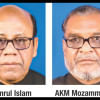

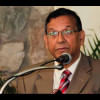
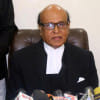
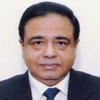


Comments